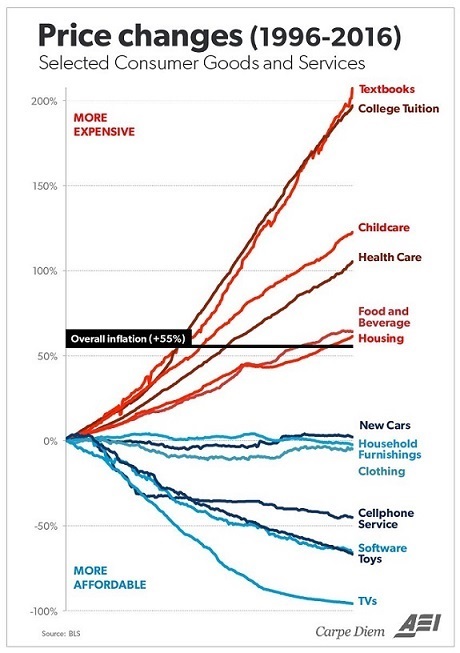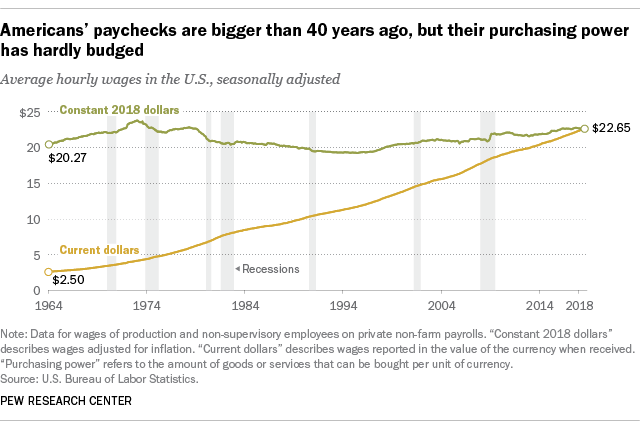First, thanks for the thoughtful reply.
Artificial in the sense it is controlled and not a market determined rate. The true market rate may be unknowable but lend/contract signals are still well established so one can be confident making general statements. We can speculate all we want about their reasoning, but a cold hard fact is that throughout the Obama presidency the Fed was signaling lend. That principle only works on that rate being lower than unknown market true value. I’d agree a raise does not always signal health, but a dip or freeze historical low cannot be read as a sign of overall health and confidence.
Yes, those are all important metrics to consider but still one part of a whole swath of factors. The ultimate point of . Inflation is a symptom of that. When we examine money supply growth of M2+(~M3) or others you see that stabilization happened around 2012. From 2013-2016 the 2008 recovery cannot be used to brush over the policy choices not to say it still had no effect. The contributing factors all considered still indicated lower than optimal health at that time.
Infinitely more speculative but more worrying, regardless of president if we look at the last three doubling of the money supply. 2008-2018, 1997-2008, 1983-1997. We find these underlying metrics:
In 14 years: 25% increased domestic activity + 16.5% population growth [29.12% + 61.1% Inflation]
In 11 years: 14% increased domestic activity + 11.6% population growth [15.62% + 34.1% inflation]
In 10 years: 7% increased domestic activity + 7.5% population growth [7.53% + 16.6% inflation]
Some changes of in activity and usage of currency could of course be foreign and hence un-reflected, but ultimately like how governments can distort a true tax burden with debt, these numbers do make it seem our current overall rates and policies likely indicate artificially propping up the economic numbers with value bubbles. The point of a growing money supply over fixed is to reflect the real world economic and proportional growth. If that growth is not happening or is not being accurately reflected. We are asking for problems.
Japan is managing a near flat population growth and rapidly aging population. Their policy reflects the economic hardships that come with those realities. I would also note the natural unknown rate in Japan would be lower than America due double the private savings rate and 25% lower private debt ratio.
Obama’s economic policies cannot fully be judged for at least 10 years as there are new growth conditions, age time-bomb about explode and the historic norms barely fit the conditions post-2000. His legacy may improve with the future context giving us more information. To date, the policies seem average and trumps slightly above average. Only time will tell how it fits in the larger picture. If you would like to say otherwise go right ahead...it seem to be the thing to do

eace With a republican congress though - he'll never get the credit anyway.






